#Cameras
AAA Endorses Driver-Monitoring Camera Systems
Despite the automotive industry collectively promising to commence deliveries of self-driving cars in 2019, autonomous vehicles have remained test platforms for technologies that don’t yet seem ready for mass consumption. Public perception of the concept has also endured a few setbacks after several fatalities involving partially autonomous vehicles received national media attention. Today, the relevant technologies have failed to mature as swiftly as indicated and there are a whole host of legal ramifications to contend with.
Selling an automobile that’s marketed as being able to drive itself (even partially) are exposing automakers to a whole new demographic of lawsuits, so they’re desperate to install failsafe measures that places the onus of responsibility back onto the driver. Their current favorite is driver-monitoring cameras, which the American Automobile Association (AAA) likewise believes are probably the best solution. The outlet recently shared the results of a study attempting to determine which driver-engagement systems worked best and decided that in-cabin cameras were the leading choice in a batch of bad options.
Senate Infrastructure Bill Seeks to Make Breathalyzers, Interior Cameras Mandatory
The U.S. Senate is currently considering a $1 trillion bipartisan infrastructure bill that’s primarily targeting the ailing highway system, with tens of billions left over to spend on advancing the nation’s EV charging infrastructure and incorporating more eco-friendly modes of public transportation. But there’s also some really kooky shit that you need to be made aware of before this passes into law.
Along with new regulations that would mandate the inclusion of collision detection systems and automatic emergency braking, where the car calls your bluff and applies the wheel-stoppers independently of your actions, provisions have been made that would also require some kind of in-car breathalyzer. The stated aim is to reduce incidents of drunk driving. However, the proposed system may also include driver-monitoring cameras, totally undermining any nobility the cause might otherwise have had.
Driving Dystopia: Speed Camera Rule Change Creates Ticketing Explosion in Chicago
At the start of the year, the city of Chicago announced that it would be changing rules pertaining to traffic enforcement as part of Mayor Lori Lightfoot’s updated 2021 budget package. But the one that was causing the most concern among motorists was a provision to have speed cameras issue tickets to anybody traveling 6 miles an hour over the posted limit, rather than the previous cutoff of 10 MPH. While just a singular aspect of the city’s plan to resolve a $1.2-billion deficit, it turned out to be one of the most controversial items and appears to have resulted in a tenfold increase in fines.
According to local affiliate CBS Chicago, data from a public records request indicated that during the 36-day period before and after the change took effect on March 1st, citywide ticketing went up from 35,784 citations in the weeks before to a massive 398,233 in the proceeding weeks.
Consumer Reports Worried Tesla Could Spy on Customers
Consumer Reports has taken umbrage with Tesla’s new cabin camera designed to monitor the driver by suggesting there might be some privacy concerns. While that sounds like the understatement of the year, we’ve seen other companies (e.g. Cadillac) deploy similar devices with little pushback. Uncoverable lenses on our laptops and phones are creepy enough. When the auto industry starts affixing driver-monitoring cameras to the dashboards of automobiles, you have to sit back and ask yourself how much longer you’re willing to be a party to the prologue for George Orwell’s Nineteen Eighty-Four.
Trapped like a dog inside the hot car of progress, we’ve been attempting to honk the horn until someone pays attention. Mercifully, Consumer Reports doesn’t seem to have forgotten its roots in consumer advocacy and is walking up to our window with a rock. It’s demanding more privacy protection for vehicle operators, and not just from a single automaker.
Australia Introduces Phone Detection Cameras for Roads
Australia put up the first phone-detecting cameras in New South Wales over the weekend. The move is part of a broader plan to reduce roadway fatalities by 30 percent by 2021 — especially as new technologies continue to exacerbate the issue of distracted driving. “It’s a system to change the culture,” NSW Police Assistant Commissioner Michael Corboy told Australian media las week.
There’s nothing incredibly new about the cameras themselves. But they’re networked to an artificial intelligence that determines whether or not someone behind the wheel is using their phone. Suspect images are then forwarded to authorized personnel to be verified as truly criminal.
Motoring Journalist Prosecuted for Speeding in Video
The UK’s Derbyshire Constabulary celebrated a major victory this week. The triumph of justice was even given its own official announcement. Did the department finally tamp down the area’s rising violent crime rate?
Nope. They caught an automotive journalist speeding — one year after he did it.
Joe Achilles was testing an Audi R8 RSW on the A57 Snake Pass last November, later posting footage on his Facebook wall. Derbyshire Constabulary’s Roads Policing Unit noticed the video while “investigating an entirely different matter,” according to its release, and set out to prove just how fast he was going.
ZF's New Camera System Focuses on an Oft-ignored Danger: the Driver
The rollout of semi-autonomous driver assist systems designed to turn long highway slogs into stress-free, breezy jaunts isn’t in any way perfected, but OEMs and suppliers are working on it. Depending on who builds what, lane-holding can be dodgy, automatic braking can be capricious, forward-facing cameras and radar can misidentify or ignore objects, and drivers can easily be put on too long a leash, encouraging misuse.
It’s the latter issue that automotive supplier ZF wants to solve with its new interior camera system.
General Motors Looks To Cameras To Solve Distracted Driving
Until the overlords at Google bestow their technocratic utopia of automation to every new vehicle leaving the factory, distracted driving will remain a problem in need of a solution, such as the one General Motors has in mind.
Tesla Leads Charge To Replace Side Mirrors With Cameras
Should Tesla and the Alliance of Automobile Manufacturers — including General Motors, Toyota and Volkswagen — be successful in their petition with the National Highway Traffic Safety Administration, new cars could soon have cameras instead of side mirrors.



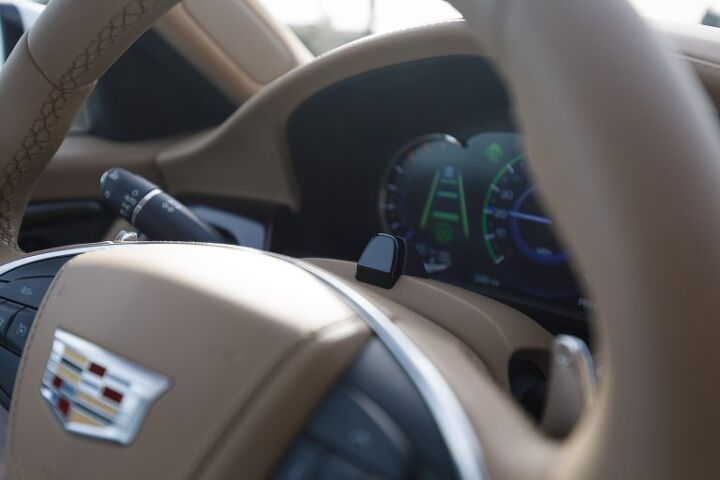
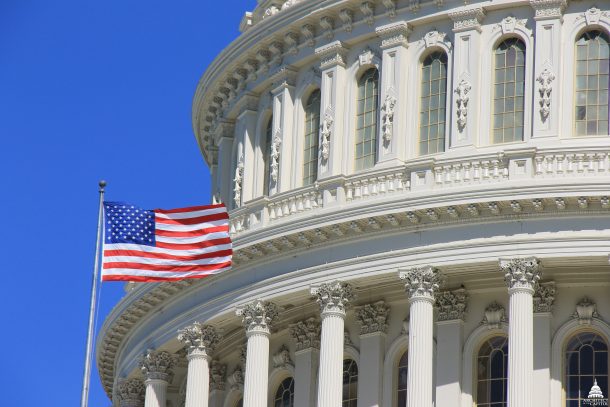
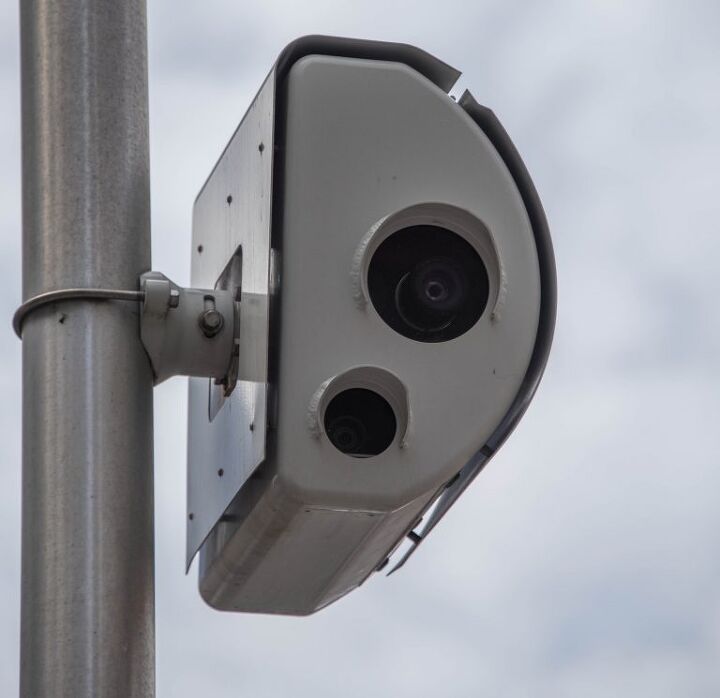

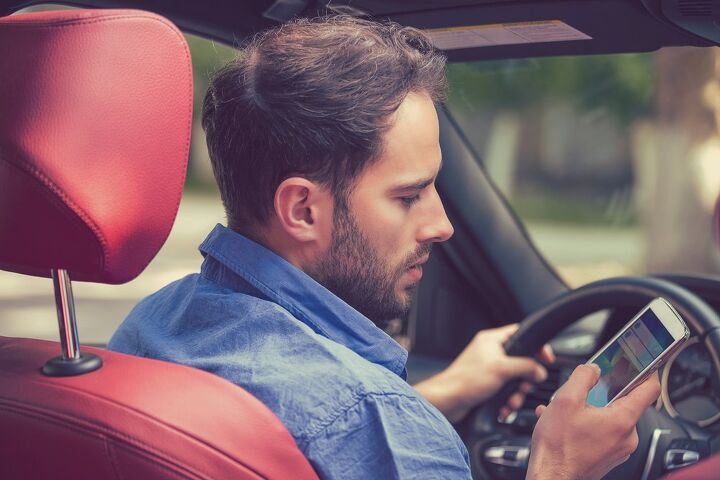
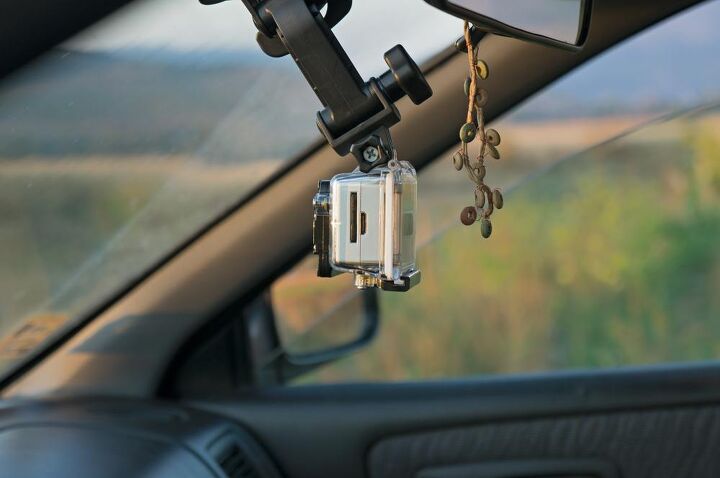


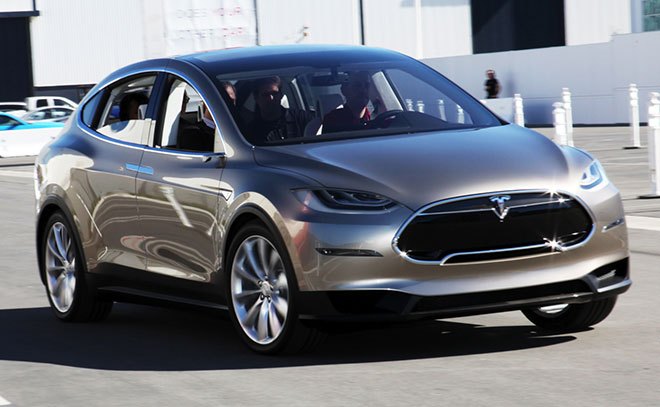













Recent Comments